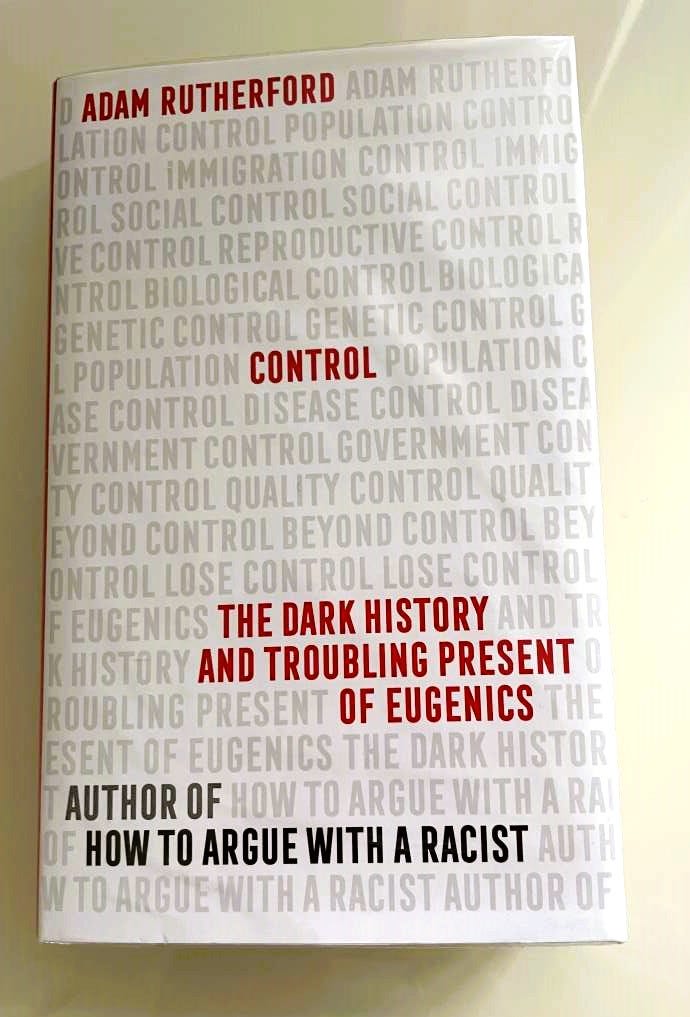

Does that make me an apologist for Darwin? Perhaps, I don’t know.


Scientific racism is expressed in Darwin’s work. Conversely, he suggested that there is continuity between these sets of characteristics and that none of these characteristics are immutable. Darwin essentially mocked that view in his book The Descent of Man. The central argument of scientific racism is that racial characteristics, which today we call phenotypes, cannot change. But he was not wedded to the essentialist views of most of the scientific racists of that era. Darwin expressed views about racial hierarchy that were pretty typical for the 19th century. Would you describe Galton and Darwin as racist?įrancis Galton was a white supremacist in an extreme way, even for his time. I’m very clear, however, that eugenics is a political ideology, not a scientific project. Galton was piggybacking off what was then new science by Charles Darwin: evolution by natural selection. He defined it as the moulding of populationsĪccording to the desirability of particular characteristics. But the Victorian English polymath Francis Galton gave eugenics its renaissance. Plato talks about it very explicitly in Republic. The idea that you can change population structure, or control how demographics work by restricting reproduction, or by planned marriages, goes back to. Your latest book explores the history of eugenics. His latest book is “Control: The Dark History and Troubling Present of Eugenics” (Weidenfeld & Nicolson). Adam Rutherford is a geneticist, author, broadcaster and President of Humanists UK.


 0 kommentar(er)
0 kommentar(er)
